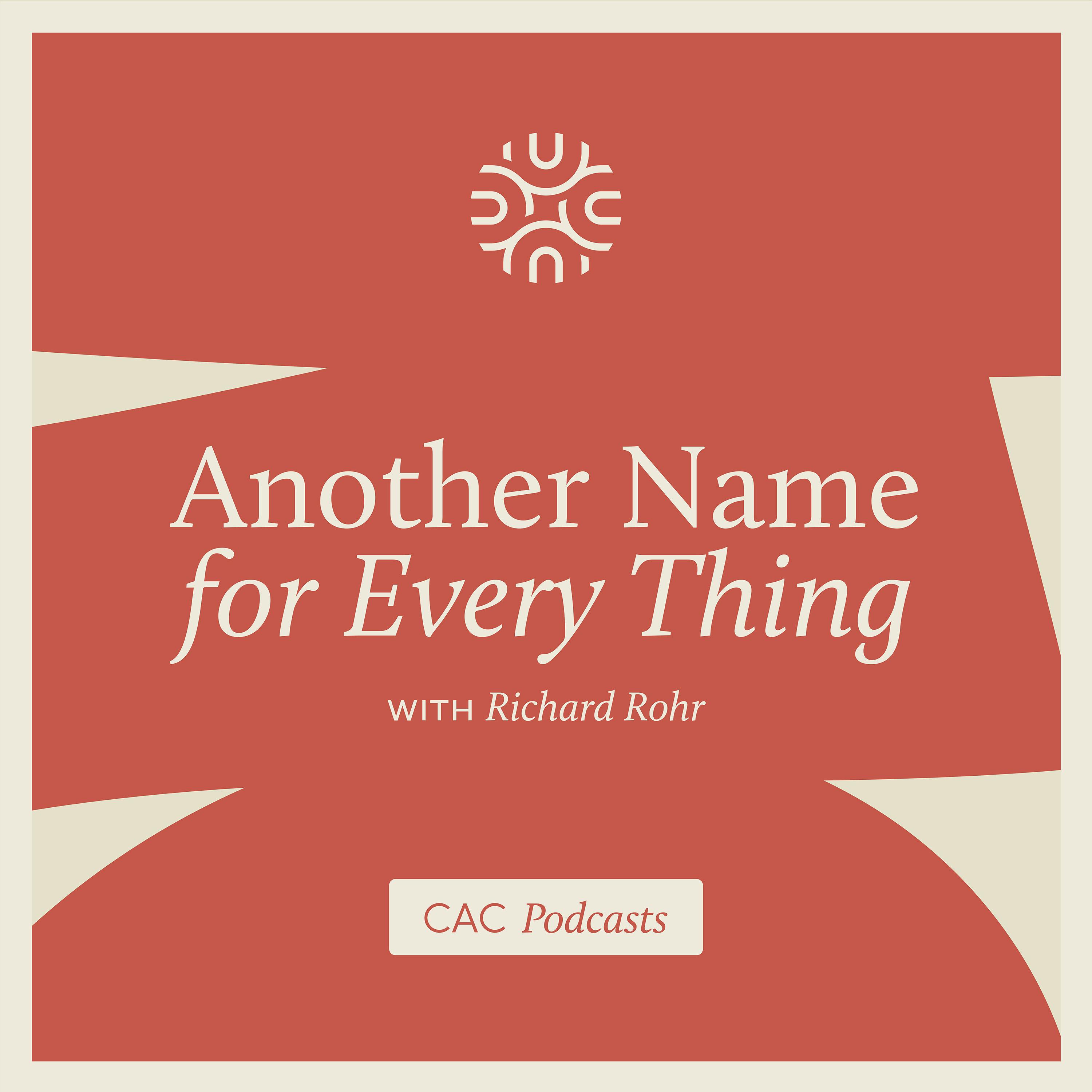
SOLACE: Soul + Grief
This podcast is sponsored by SOULPLUSGRACE serving the San José/Santa Cruz area, offering grief support and grief journeying with spirituality. I hope to help you travel through grief with God at your side.
"I am a trained Spiritual Director for those who seek to complete the 19th Annotation of St. Igantius’ spiritual exercises OR seek spiritual direction while grieving. I have also worked as a hospital/cemetery chaplain and grief doula. I believe all paths lead to God and that all traditions are due respect and honour. I take my sacred inspiration from all of my patients and companions–past, present and future; the Dalai Lama, James Tissot, St. John of the Cross, the Buddha, Saint Teresa of Ávila, and, of course, Íñigo who became known as St. Ignatius. I utilize art, poetry, music, aromatherapy, yoga, lectio divina, prayer and meditation in my self-work and work with others. I believe in creating a sacred space for listening; even in the most incongruous of surroundings."
BACKGROUND
- Jesuit Retreat Center, Los Altos, CA -- Pierre Favre Program, 3 year training to give the Spiritual Exercises of Saint Ignatius
- Centro de Espiritualidad de Loyola, Spain -- The Spiritual Exercises of St Ignatius of Loyola -- 30 Day Silent Retreat
- Center for Loss & Life Transition – Comprehensive Bereavement Skills Training (30 hrs) Ft. Collins, CO
- California State University Institute for Palliative Care--Palliative Care Chaplaincy Specialty Cert. (90 hrs)
- Sequoia Hospital, Redwood City, CA -- Clinical Pastoral Education
- 19th Annotation with Fumiaki Tosu, San Jose, CA, Spiritual Exercises of St. Ignatius
- Santa Clara University, Santa Clara, CA M.A. – Pastoral Ministries
CONTACT ME: candeelucas@soulplusgrace.com with questions to be answered in future episodes.
SOLACE: Soul + Grief
Held Gently in God's Memory
Use Left/Right to seek, Home/End to jump to start or end. Hold shift to jump forward or backward.
Drawing inspiration from the life and writings of Dietrich Bonhoeffer, we explore how his powerful poem "Who Am I?" invites us to reflect on the essence of our identity and the assurance of being known by God. Weaving in the wisdom of the prophet Jeremiah, learn how peace can emerge from the understanding that our true selves are cradled by divine recognition, even when moments of disconnection and confusion arise. Contemplate what it means to be held and loved by God, especially when it feels like we've lost our way or forgotten our connection to the divine. See John Swinton's book: "Dementia: Living in the Memories of God" (2012)
SPIRITUAL DIRECTION WHILE GRIEVING IS AVAILABLE FREE OF CHARGE
You can reach us at: candeelucas@soulplusgrace.com to arrange personal spiritual direction.
Music and sound effects today by: via Pixabay.
We welcome you to Solace: Soul Plus Grief. I'm glad you're here. I'm Candee Lucas, a Jesuit-trained Catholic chaplain and spiritual director, and I've been involved with a bereavement ministry since 2009. We know that loss can make profound changes in people's lives and make profound changes in people's lives. We understand how difficult it is to travel this path of grief and how important and monumental the loss of a loved one can be. So we created this podcast to help you walk with God as you grieve your losses, understand what's happening in your heart and soul as you grieve, to be available in the best way we can to accompany you on this journey. You're always welcome in this circle of healing love and support.
Candee:Dietrich Bonhoeffer was a German Lutheran pastor, theologian and anti-Nazi dissident who was a key founding member of the Confessing Church. Apart from his theological writings, Bonhoeffer was known for his staunch resistance to the Nazi dictatorship, including vocal opposition to Adolf Hitler's euthanasia program and genocidal persecution of the Jews. He was arrested in April 1943 by the Gestapo, imprisoned for one and a half years, hanged on the 9th of November 1945 during the collapse of the Nazi regime. One of his prison poems was called "who Am I? And it goes who am I? This or the other? Am I one person today and tomorrow another? Am I both at once? A hypocrite before others and before myself? A contemptibly woe-begone, weakling? Who am I? They mock me, these lonely questions of mine. Whoever I am, thou knowest, o God, I am thine--. A s we consider the complexities of love, as we grieve God's love for us, our love for God, our love for our lost ones, God's love for our lost ones, we are reminded that love is not always a safe place to be. In the name of love and compassion, loved ones might abandon me because they think I am no longer here. My silent plea is no-transcript.
Candee:Bonhoeffer's answer to the question who am I? Is to find peace and rest in the assurance that, despite his own confusion or our confusion, his identity and our identity, who he truly is is known and held by God, is known and held only by God. We can say much the same of ourselves. Who we truly are is known and held only by God. Here it resonates with the prophet Jeremiah's affirmation that human identity is divinely shaped and held. --But blessed are those who trust in the Lord and have made the Lord their hope and confidence. They are like trees planted along a river bank with roots that reach deep into the water. Such trees are not bothered by the heat or worried by the long months of drought. Their leaves stay green and they never stop producing fruit.
Candee:The human heart is the most deceitful of all things and can be desperately wicked. But who really knows how bad it is? But I, the Lord, search all hearts and examine secret motives. I give all people their due rewards according to what their actions deserve.--. That's Jeremiah 17, verses 7 to 10.
Candee:In the end, god, only God, knows who we are. Only God can search our hearts and recognize who we really are. God creates us and sustains us and knows us. Bonhoeffer may well be correct --Whoever I am, thou knowest God, I am thine--. Nothing can destroy such divine recognition. Here we may find peace. Perhaps those of us suffering and on our journeys of grief can also find peace.
Candee:But what would that peace look like? What does it mean to be known, loved and held by God when it feels like you may have forgotten who God is and you can no longer recognize yourself or those whom you once loved? The prophet Jeremiah continues-- Heal me, o Lord, and let me be healed. Save me and let me be saved, for you are my glory. I have not evaded being a shepherd in your service, nor have I longed for the fatal day. You know how the utterances of my lips they were ever before you. You are my refuge in a day of calamity--.
Candee:God continues to describe himself in the Old Testament as caring for us tenderly, as loving us determinedly, as holding us in his faithful heart like jewels in a crown. He reminds us of his steadfastness. He reminds us of his endurance and the endurance of his love and care. The messages are repeated over and over and over again, until we get it. John Swinton is a professor of practical theology and pastoral care at the University of Aberdeen in Scotland. He wrote a book called "Dementia Living in the Memories of God, which I picked up during my father's illness. However, I found his words were much more closely aligned to describing my current condition, and so I offer these words. Full reference is in the show notes. That concludes another episode. A new one drops every Friday. Please join us on Spotify, amazon Music or Apple. Thank you for joining us. Spiritual direction is always available. See my contact email. In the show notes available See my contact email in the show notes. This is Candy Lucas, your host, chaplain and spiritual director. Go with God. Namaste, vaya con Dios.
Podcasts we love
Check out these other fine podcasts recommended by us, not an algorithm.
IKAR Podcasts
IKAR
All There Is with Anderson Cooper
CNN Podcasts
The Examen with Fr. James Martin, SJ
America Media
Jesuitical
America Media
What's Your Grief Podcast
Eleanor Haley & Litsa Williams
The Spiritual Life with Fr. James Martin, S.J.
America Media
Sensible: Down-to-Earth Spiritual Exercises
Ignatian Center for Jesuit Education
Inside The Vatican
America Media
Another Name For Every Thing with Richard Rohr
Center for Action and Contemplation